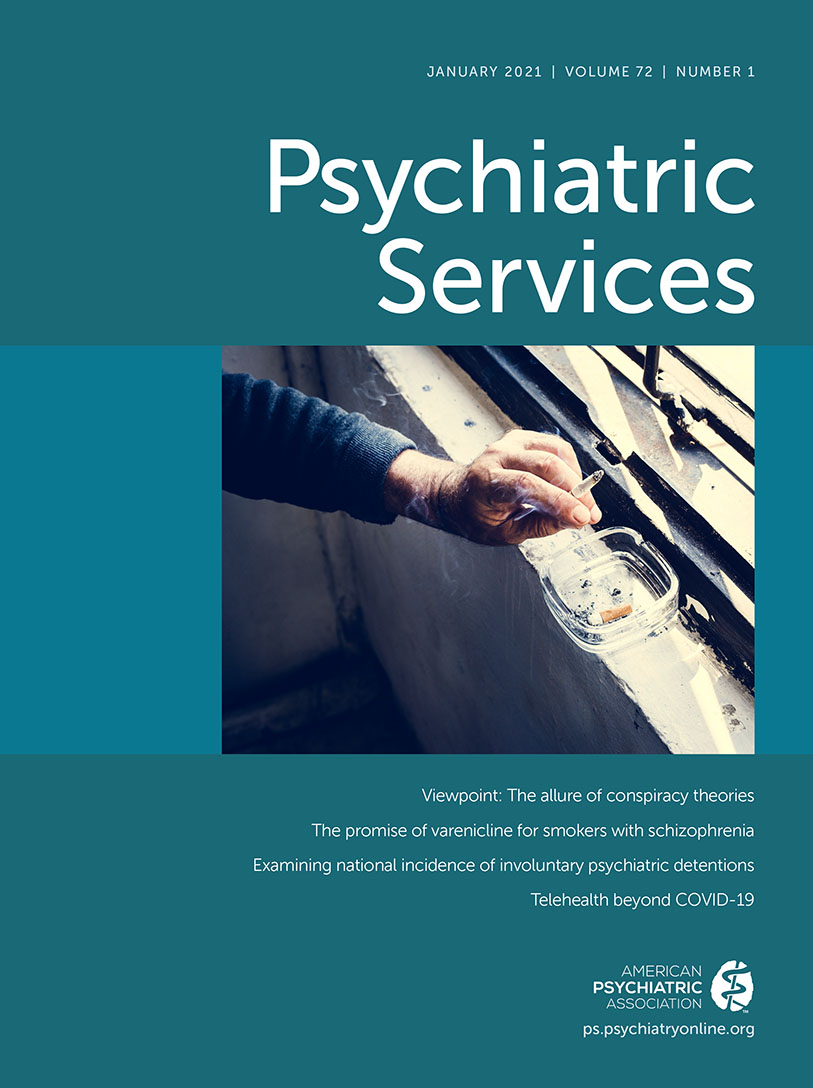Not Reinventing the Wheel: Adapting Treatment Foster Care Oregon to Public Mental Health
Abstract
Intervention adaptations expand the availability of evidence-based treatments across clinical settings and demographically different populations. These adaptations utilize systematic strategies to preserve core components of an intervention. Intervention adaptations made from one public system to another (e.g., juvenile justice to mental health) reduce the need to invent a new intervention. In this column, the authors discuss the adaptation of Treatment Foster Care Oregon, an evidence-based program for treating youths with serious emotional and behavioral disturbance, to Michigan’s public mental health system. Challenges encountered in this adaptation and solutions are presented.



